I was always considered to be a bit “weird” and had my fair share of challenges growing up. I was lucky though to find a career which married my keen interests in numbers with my obsession for solving problems. My career has been in the asset management industry and I am an actuary by profession with close to 20 years of industry experience. It also turns out that I have an autism diagnosis which has been a central factor throughout my life – it just turned out that I found this out later in life!
In the initial phases of my career I was successful as my role was largely technical in nature and then applying these skills to generate ideas – perfect for someone like me. Over time this success led to promotion which led to more people and management responsibilities. This is when I really started to struggle, particularly where I needed to manage internal politics and so-called “corporate jungle”. Frankly, I was lost and put myself under intense pressure. This all culminated into seeking professional help which eventually led to my diagnosis and a brand new chapter in my life.
The impact of my diagnosis led to profound changes for me both personally and professionally. The revelation really explained a lot and with help of professionals I was able to find a new way of approaching my life which would set me up for success. However, there was a price to pay – at least for me! In particular, I had to give up on certain management aspirations, change my job, my role and also this ultimately led to the end of a marriage.
My new professional role was with Marsh McLennan who were willing to craft a senior role for me which aimed to maximise my attributes while also helping me manage my short comings arising from my diagnosis. I also felt the need to give back and help others that had not been as nearly as lucky as me. I strongly feel that a lot of my success to date had definitely been luck and I wanted to use my relative level of seniority to make a difference within my organisation. I am really pleased to report that only did Marsh McLennan support my desire they also actively invested in making this a reality for me and many others.
It started small with a group of three neurodiverse colleagues introduced by various internal people. We started meeting regularly, this became a little bit more formal as we went along but then this small community started to attract more followers. Over a 2 year period our little group grew substantially and we now have over 100 colleagues who are active members of this group. The majority are neurodiverse but we also have line managers, parents and other allies who are important participants of our regular meetings.
In addition, I was to proud to expect an invitation to chair two internal groups dedicated to making the work place better for neurodivergent colleagues but within the UK and Globally. This involves advocating for reasonable adjustments as will helping direct policies at an overall business level. As this has developed I also engage in one-to-one mentoring with colleagues who are struggling and need special support.
As I reflect on my experiences I find myself deeply humbled and grateful for the opportunities I have been afforded. However, whenever I reflect like this it also feels like we still have a long way to go and that there is much more we can do. Too many neurodiverse people are “unlucky” and have significant challenges operating in a neurotypical world. I am more committed than ever to try and make a difference no matter how small. I am also extremely pleased my employer supports this concept so wholeheartedly and wish all employers would do the same.



